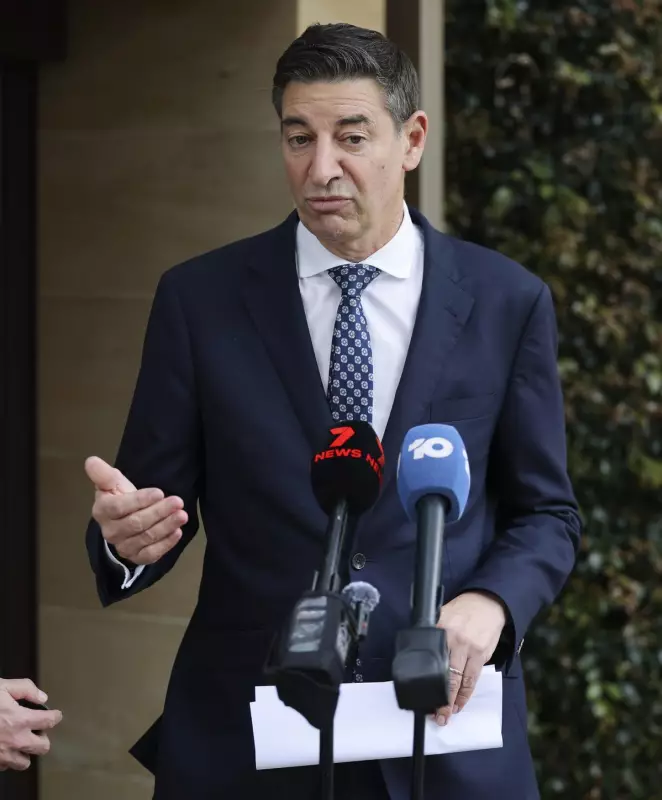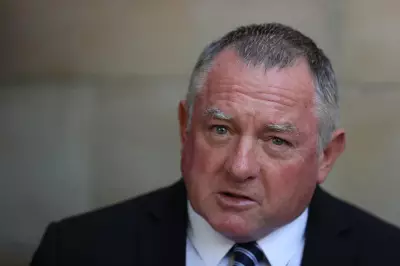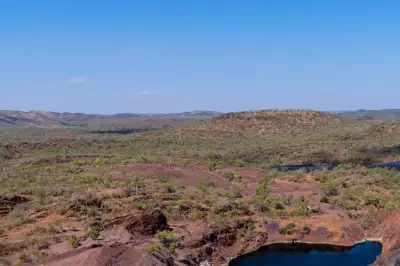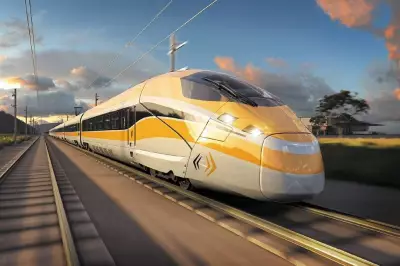
Australia's journey toward renewable energy is at a critical crossroads, with Western Australia facing particularly complex challenges in balancing environmental goals with practical realities. As the nation accelerates its green energy transition, important questions are emerging about the true cost and reliability of this transformation.
The Affordability Crisis Looming
Households across Western Australia are increasingly concerned about rising electricity bills, with many families already struggling to manage current energy costs. The push toward renewables, while environmentally necessary, must not come at the expense of making power unaffordable for ordinary Australians.
"We cannot allow ideology to override common sense when it comes to energy policy," argues prominent commentator Basil Zempilas. "The transition must be measured, practical, and most importantly, affordable for those who can least afford another financial burden."
Grid Reliability Concerns
Beyond cost considerations, experts are raising alarms about grid stability as traditional power sources are phased out. The intermittent nature of some renewable sources presents significant challenges for maintaining consistent energy supply, particularly during peak demand periods.
Western Australia's unique geographic position and energy infrastructure create additional complications that require careful, state-specific solutions rather than one-size-fits-all approaches from the eastern states.
A Balanced Approach to Energy Transition
The solution lies in finding a middle ground that acknowledges several key realities:
- Gradual transition: Rushing the change could jeopardize energy security
- Technology diversity: Embracing multiple energy sources including gas as a transition fuel
- Local solutions: Recognizing that WA's energy needs differ from other states
- Consumer protection: Ensuring households aren't burdened with excessive costs
The Path Forward for Western Australia
As the debate continues, it's clear that Western Australia needs an energy strategy that reflects its specific circumstances. This includes leveraging the state's natural advantages in solar and wind while maintaining reliable baseload power during the transition period.
The conversation about our energy future must include all stakeholders - from policymakers and industry experts to the families and businesses who ultimately pay the bills and rely on consistent power supply.
Finding the right balance between environmental responsibility and practical energy policy remains one of the most significant challenges facing Western Australia - and the nation - in the coming years.






